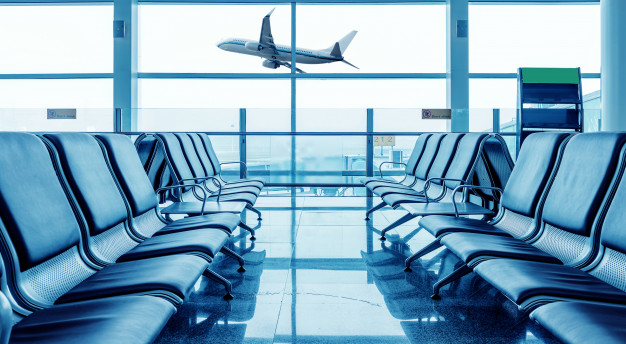Stuck in Indefinite Transit: The Lack of Attention to Refugees as a Vulnerable Group During the COVID-19 Pandemic
Smartlegal.id -

During the Coronavirus Disease (“COVID-19”) Pandemic, refugees became one of the groups affected by the spread of the virus. Unfortunately, since Indonesia has not ratified the 1951 Refugee Convention (“1951 Convention”) and the 1967 Protocol Relating to the Status of Refugees (”1967 Protocol”), it’s difficult to gain such access since refugees’ status in Indonesia is uncertain to begin with. On the contrary, the government seems too dependent on their cooperation with International Organization of Migration (“IOM”) and United Nations High Commissioner for Refugees (“UNHCR”) regarding the handling of refugees during the COVID-19 Pandemic.
The Inadequacy of Indonesia’s Legal Framework in Upholding Refugees’ Basic Rights During the COVID-19 Pandemic
Since Indonesia is not a party to the 1951 Convention and the 1967 Protocol, refugees within Indonesia can only stay temporarily until they are settled to a third country or voluntarily repatriated to their countries of origin.
Initially, there were only 3 Articles in the Law of the Republic of Indonesia Number 37 of 1999 concerning International Relations which regulates the handling of refugees in Indonesia. Nevertheless, eventually the Government established the Presidential Regulation Number 125 of 2016 concerning the Handling of Foreign Refugees (“Presidential Regulation”) as a guideline for dealing with refugees and asylum seekers in Indonesia.
Arguably, there is a debate about the existence and position of the Presidential Regulation in the hierarchy of laws and regulations, considering that the legal system in Indonesia is heavily influenced by the civil law tradition which often appears as if the law is identical to the statutory regulations made by the State. Presidential regulation is a policy rule that has legal relevance, not a directly binding law. Hence, there’s an absence of a strong legal framework in upholding the basic rights of refugees.
The fulfilment of refugees’ rights is hardly achieved since they are not accorded with any legal status. As the government starts to reduce consequences of the pandemic with the intention to return normalcy to a certain degree, refugees will still didn’t get their basic rights such as: not being able to work, gain access to formal education, and have freedom of mobility. If there is a clear legal framework regarding the certainty of refugees’ status, mutatis mutandis, the basic rights of refugees will gradually be upheld.
The Fulfillment of Refugees’ Right to Health in Accessing Indonesia’s Health Facilities During the COVID-19 Pandemic
In Indonesia, refugees’ right to health is protected under both international and domestic protection. With regard to international protection \, Article 12(1) of the International Covenant on Economic, Social and Cultural Rights (“ICESCR”) protects the right of refugees’ to the enjoyment of the highest attainable standard of physical and mental health by ensuring that they have equal access to healthcare and health services. Indonesia is bound to this legally.
binding international obligation since the ICESCR has been ratified to the Law of the Republic of Indonesia Number 11 of 2005. Additionally, refugees’ right to health is also protected under the domestic laws of Indonesia. For instance, Article 28H and 34 of the 1945 Constitution stipulates that everyone within Indonesia’s jurisdiction has the right to receive health services and Indonesia is responsible to provide such services. Furthermore, the Presidential Regulation Number 125 of 2016 governs the duty of the relevant municipal government to provide shelters that are in close proximity to a healthcare facility and infected refugees must be referred to a hospital or any available health facilities.
Despite having these protections within Indonesia’s legal framework, Indonesia has neglected its obligation to fully realize refugees’ right to health. Refugees in Indonesia are suffering from a lack of adequate health facilities as they do not have access and are unable to afford medication. Although some of the refugees are registered under the protection of UNHCR and IOM, however, only receive minimum healthcare facilities limited to emergency conditions. Nevertheless, such Non-Governmental Organizations have a limited capacity to provide a sustainable funding to be able to uphold refugees’ right to health as the COVID-19 posed further challenges.
UNHCR and IOM, however, only receive minimum healthcare facilities limited to emergency conditions. Nevertheless, such Non-Governmental Organizations have a limited capacity to provide a sustainable funding to be able to uphold refugees’ right to health as the COVID-19 posed further challenges.
Author: Eishia Norika/Nathania Abigail/Muhammad Raihan-ALSA UNPAD





































